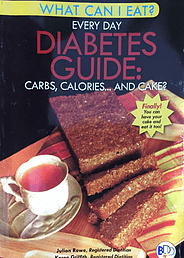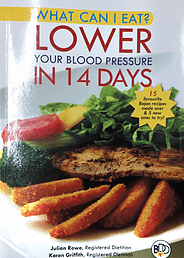I want to start this discussion with looking at the difference between indigestion, heartburn and GERD.
Indigestion:
Is that full uncomfortable feeling you get in your belly sometimes during or after your meal. This feeling might lead to burning or pain in the upper part of your stomach. It is be a sign that the gut might be in trouble, so pay attention especially if it continues for a while.
Heartburn:
Is that burning feeling that you get deep in the chest; this happens when the stomach acid rises into the oesophagus or what we commonly call the swallow pipe.
GERD
Is often called indigestion and heartburn, which is why we are explaining them separately.
According to Mayo clinic website GERD is mild acid reflux that occurs at least twice a week, or moderate to severe acid reflux that occurs at least once a week. With GERD stomach acid repeatedly flows back into the swallow pipe which is the tube connecting your mouth and stomach. This acid is irritating to the swallow pipe, and this is why some persons have hoariness, irritating dry cough or find themselves constantly clearing their throat.
.
What do these conditions have in common that makes us confuse one with the other? Their presentation are sometimes similar, which is why you need to provide your doctor with as much detail as possible.
| Indigestion | Heartburn | GERD |
| Burning in your stomach or upper belly | Burning pain in the chest | Burning sensation in the chest |
| Belly pain | Pain that gets worse when you lie down | Chest pain |
| Acid taste in the mouth | Bitter or acid taste in the mouth | Sour or acid taste in the mouth |
| Fullness during or after a meal | Difficulty swallowing | |
| Noisy, growling sound in the stomach | Chronic cough | |
| Bloating | Disrupted sleep | |
| Belching and gas |
| Heartburn | Heart Attack |
| Starts as a burning sensation in the upper abdomen and moves up into the chest | Pressure, tightness, pain, or a squeezing or aching sensation in your chest or arms that may spread to your neck, jaw or back |
| Usually occurs after eating or while lying down or bending over | Nausea, indigestion, heartburn or abdominal pain |
| May awaken you from sleep, especially if you have eaten within two hours of going to bed | Shortness of breath |
| Is usually relieved by antacids | Cold sweat |
| May be accompanied by a sour taste in your mouth — especially when you’re lying down | Fatigue |
Sometimes these symptoms are also confused with a heart attack, always allow your doctor to tell the difference. Take a look at the difference between the two.
Adapted from Mayo clinic website: heartburn or heart attack: When to worry (January 07 2017)
THIS WEBSITE IS NOT INTENDED FOR THE PURPOSE OF PROVIDING MEDICAL ADVICE.
All information, content, and material of this website is for informational purposes only and are not intended to serve as a substitute for the consultation, diagnosis, and/or medical treatment of a qualified physician or healthcare provider.






